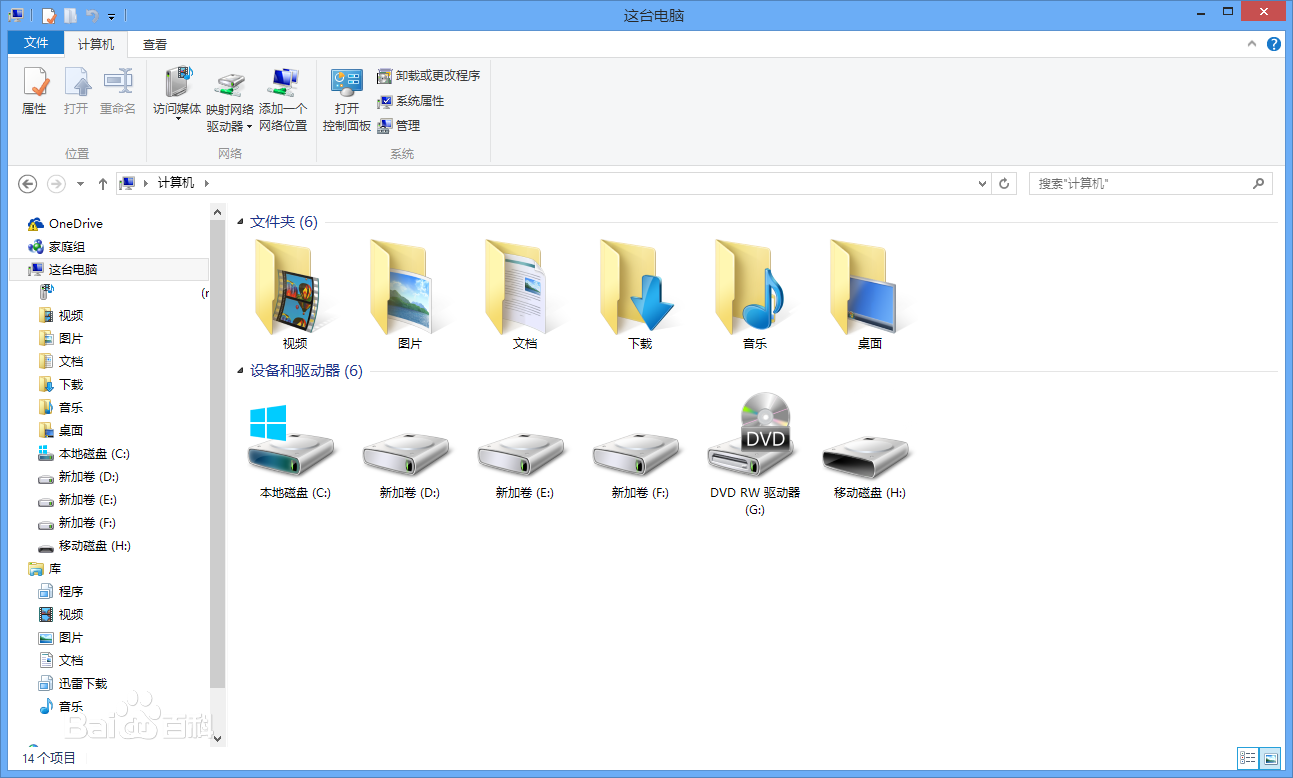Owing to the resource-constrained feature of Internet of Things (IoT) devices, offloading tasks from IoT devices to the nearby mobile edge computing (MEC) servers can not only save the energy of IoT devices but also reduce the response time of executing the tasks. However, offloading a task to the nearest MEC server may not be the optimal solution due to the limited computing resources of the MEC server. Thus, jointly optimizing the offloading decision and resource management is critical, but yet to be explored. Here, offloading decision refers to where to offload a task and resource management implies how much computing resource in an MEC server is allocated to a task. By considering the waiting time of a task in the communication and computing queues (which are ignored by most of the existing works) as well as tasks priorities, we propose the \ul{D}eep reinforcement l\ul{E}arning based offloading de\ul{C}ision and r\ul{E}source manageme\ul{NT} (DECENT) algorithm, which leverages the advantage actor critic method to optimize the offloading decision and computing resource allocation for each arriving task in real-time such that the cumulative weighted response time can be minimized. The performance of DECENT is demonstrated via different experiments.
翻译:由于Tings (IoT) 设备互联网资源紧张的特点, 卸载任务从 IoT 设备卸载到附近的移动边缘计算服务器(MEC) 不仅可以节省IoT 设备的能量,还可以减少执行任务的反应时间。 但是, 卸载任务到最近的MEC 服务器可能不是最佳解决办法, 因为MEC 服务器的计算资源有限。 因此, 联合优化卸载决定和资源管理是关键, 但仍有待探索 。 在这里, 卸载决定指的是卸载任务和资源管理的位置意味着MEC 服务器的计算资源被分配到多少任务上。 通过考虑通信和计算队列( 大部分现有工程都忽略了) 中的任务的等待时间以及任务的优先次序, 我们提议基于卸载 deul{ C} 关头和 rl{E} 源管理 {NT} (DECENT) 算法, 利用优势的演员批评家对时间的计算方法, 优化每次通过最大程度的加权决定的计算反应, 将每个最大程度的计算结果进行最佳的计算实验。





